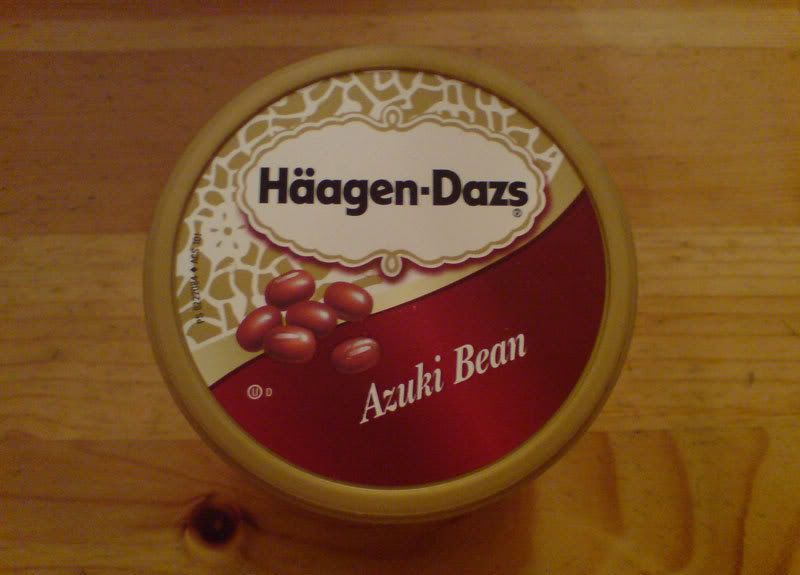Washing rice is one of my least favourite chores, and the other night I thought I would actually do some research to try and find out if I really need to do it.
For years now I've been rinsing rice before cooking. I generally just give it one, long rinse, pour away the cloudy water and then add clean water to cook the rice in.
I've read that in Japan, washing rice is a must and it is done until the water runs clear. I've also heard it said that washing rice "removes the goodness" so you shouldn't do it. So what's the truth?
After just a little searching, I found that there are diverging opinions out there, with as many people saying you should wash rice as there are saying you shouldn't.
With regards to the idea that washing rice gets rid of nutrients on the outer coating: This seems to only apply to enriched, American rice.
Rice grains are normally milled to remove the outer husk and bran layers, leaving the translucent white grain that we are all familiar with. Brown rice has had the husk removed, but still has the nutritious bran layer attached.
In the US, there is a law that obliges producers of milled, white rice to add nutrients back to the grains to make it as nutritious as brown rice (with its bran layer). This means a dusty coating of vitamins and minerals is added to the rice before it is packaged and sold.
This kind of rice should not be washed if you want to preserve those added nutrients. However, if you do wash it, you would just end up with normal, natural, white rice since those nutrients were artificially added in the first place.
Enriched rice is mainly an American product and should be labelled as such, with instructions not to wash it before cooking.
Rice from Asia, such as jasmine rice from Thailand tends not to be artificially enriched and is simply sold as milled, white grains. With non-enriched types of rice, washing should make no difference to the nutritional content.
I've read some comments that rather than containing 'goodness' the dust coating on rice can actually contain unhealthy stuff such as talcum powder or chemicals. It sounds unbelievable but apparently talc really is used in some countries to give raw rice a cleaner, whiter appearance but this is gradually being phased out in favour of glucose powder. In both cases, the powders are added on the assumption that the end user will wash the rice.
It's also true that fungicides are used a lot in rice growing, as rice is vulnerable to certain fungal diseases. Some of these fungicides are actually designed to 'stick' to the rice plants to maximise their effectiveness. I haven't found any information on whether these substances can get into the actual grain of rice that you eat but it seems plausible that some traces of them might be left on the rice. I would guess that these fungicides are harmless otherwise they would be banned but if you're like me, you won't want to take the chance!
There is also the issue of stickiness. Rice grains will naturally be coated in starch dust and washing the rice will help to get rid of it, otherwise that starchy dust will mix in with the cooking water to produce sticky cooked rice. We can be fairly sure of this as risotto rice is deliberately used unwashed in order to create that gloopy, thick texture. Therefore, washing rice thoroughly is a good way of keeping the grains separated after cooking.
Taking everything into account, my conclusion is this: If you buy enriched American rice don't wash it if you want to keep the vitamins and minerals that have been added.
But if you buy non-enriched rice, you should wash it as it will help prevent stickiness and will remove any stuff like talcum powder, glucose or traces or fungicide that may be on the grains.
I think I'll give the last word to Korean website
Kimchi Mamas. The author says she thought washing rice was pointless until her own child started helping out in the kitchen:
"Then it suddenly dawned on me, the real reason why Korean mothers have been telling their children to wash and wash and wash that rice.
For ten minutes I heard nothing but the sound of swishing water and softly crunching rice. But more than the fact that I did appreciate the few moments of quiet during a normally frenzied time, I loved seeing Bunny so focused on doing her best to complete her task.
Smart mamas."
Related:
The Food Network: Washing riceRelated:
Cook's Thesaurus: Rice































































